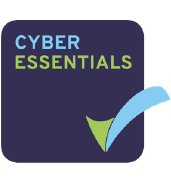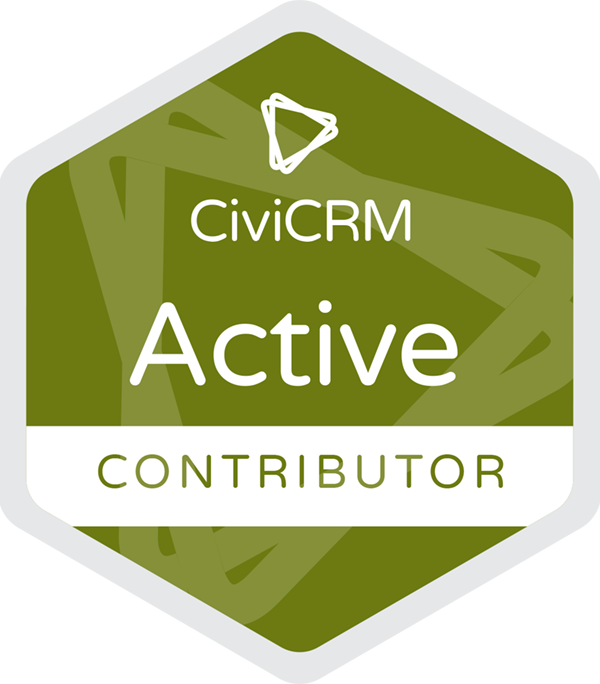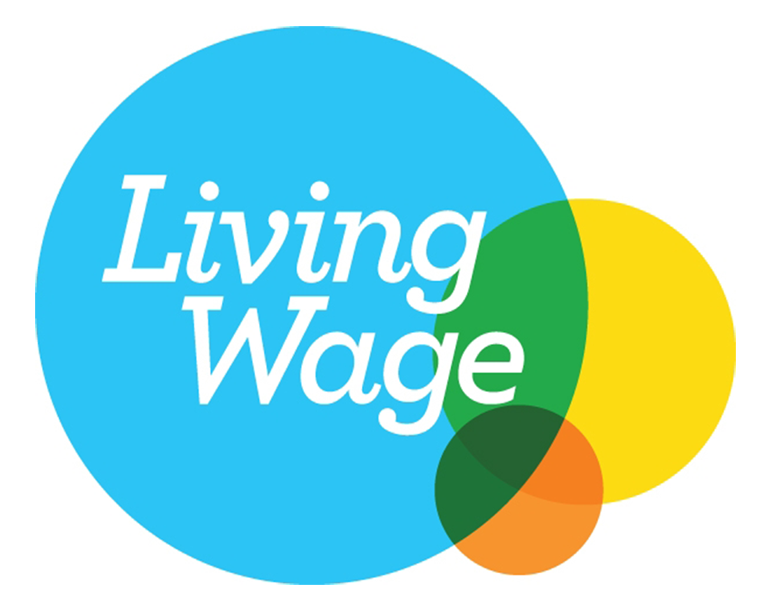Artificial intelligence is already transforming how organisations work but in the world of open-source CRM, the goal isn’t to automate people out of the picture. It’s to make every human moment more meaningful.
At the recent CiviCRM Sprint in Lunteren, conversations turned to how AI could support CiviCRM users in practical, ethical, and collaborative ways. Following presentations by Dave and Ulrich, the community explored what’s possible today and what we must handle with care.
Generalists vs specialists
Tools like ChatGPT have opened everyone’s eyes to the potential of AI. They can write, summarise, suggest and explain almost anything. But they’re generalists, powerful yet unfocused, often out-of-date, and not designed around the specific structures or data of CiviCRM.
By contrast, Circle’s own SearchKit Assistant is an example of a specialist model. It’s trained on CiviCRM’s data schema and feedback from real user queries. It helps users build smarter searches and reports faster, with guidance tailored to their own system setup.
This highlights a key principle: the future of AI in CiviCRM won’t be about choosing between “local” and “commercial” models, but combining them. A hybrid approach, where lightweight, locally hosted models handle domain-specific logic and larger LMs assist with natural language interpretation, may deliver the best of both worlds: speed, accuracy, and data privacy.
An ecosystem, not a single tool
No one organisation should “own” AI for CiviCRM. Instead, the most promising path is an ecosystem of assistants developed by different partners, sometimes collaborating, sometimes experimenting independently but connected through shared frameworks and open standards.
At Lunteren, there was strong agreement that the community should pursue common connectors (potentially via Fast MCP) and consistent development methods. This would allow code, experience, and learnings to be shared more easily between partners.
Such an approach encourages innovation while avoiding duplication, ensuring that each new assistant contributes to the collective progress of the CiviCRM ecosystem.
Responsible, sustainable, secure
As we move beyond helpers like SearchKit Assistant toward tools that can analyse or interpret live data, the risks grow. Data privacy, accuracy, and governance become critical concerns.
Circle and other community partners have agreed to anchor this work in three core principles:
- Responsible: transparency, user consent, and explainability must come first.
- Sustainable: models should be efficient and feasible to run on modest hardware.
- Secure: access to sensitive data must be tightly controlled at every level.
The CiviCRM Core Team has already started exploring a new metadata layer around fields to flag which types of data can safely be shared or used in AI-driven features. This kind of foundation will be essential if AI is ever to interact directly with live organisational data.
Learning from others
CiviCRM isn’t alone in this. The Drupal community is already experimenting with responsible, modular approaches to AI. By studying and borrowing from these efforts, especially around connectors, ethical frameworks, and documentation, the CiviCRM ecosystem can move faster while maintaining its core values of openness and trust.
Similarly, DocBot (CiviCRM’s documentation assistant) shows what’s already possible. Today it draws on public documentation and selected extensions, but imagine a future version that understands your setup: your installed extensions, enabled components, and local schema. That’s the direction we’re heading., personalisation grounded in privacy and consent.
Looking ahead
The near-term focus will be on building practical assistants, tools that help users work faster and learn more intuitively. But in parallel, the groundwork is being laid for a safe framework for deeper insights: one that allows controlled access to data, governed by clear community-agreed rules.
At Circle Interactive, we’re proud to be helping shape that direction, blending technical expertise with our long-standing commitment to the values of the open-source and non-profit communities.
AI will only be as good as the ethics and collaboration behind it. Together, we can ensure that AI in CiviCRM remains what it should be: a force for good, amplifying human effort, not replacing it.








